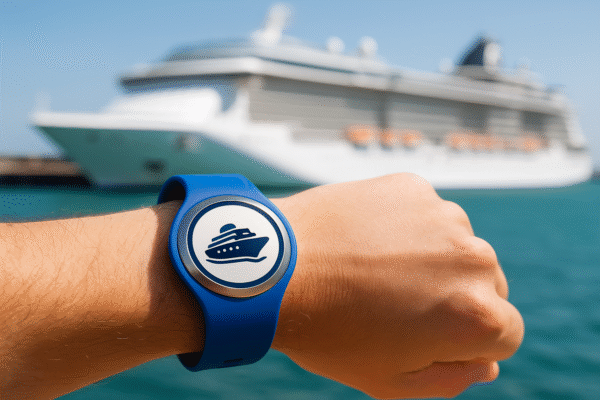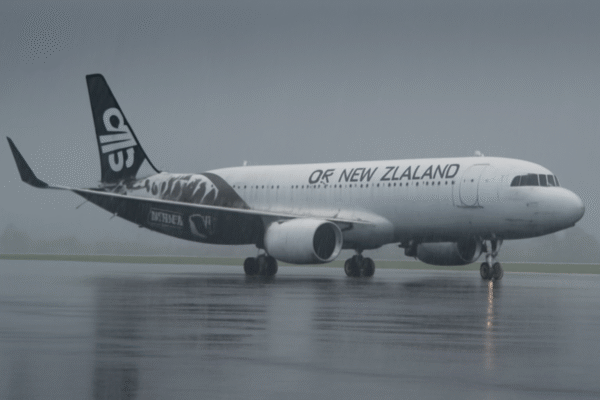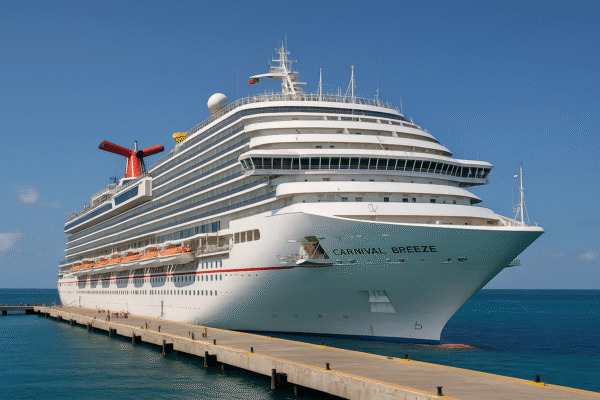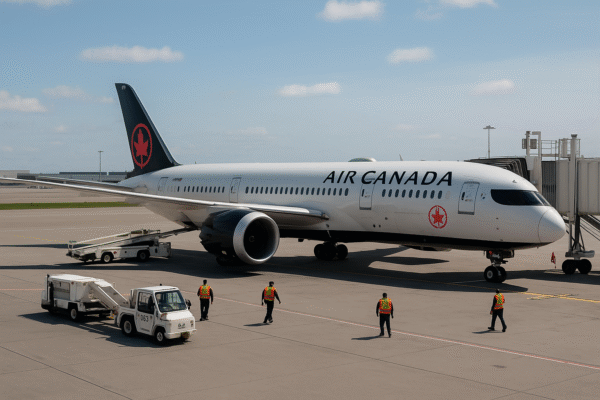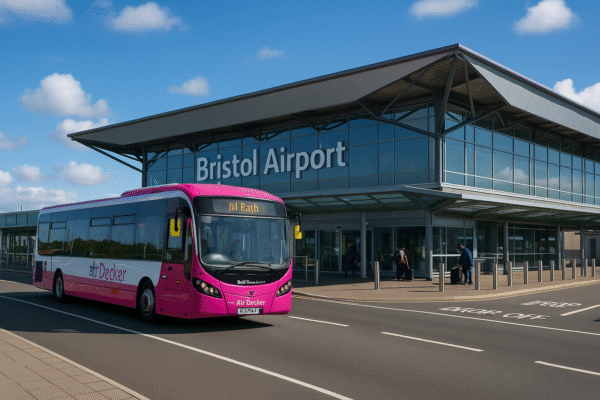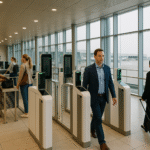A major disruption has paralyzed the Southwestern Railway (SWR) network, prompting an urgent “do not travel” alert for services running to and from London Waterloo, one of Britain’s busiest rail hubs. The widespread travel chaos stems from a serious points failure at Wimbledon station that occurred shortly before noon, affecting critical signaling operations.
The incident has crippled the region’s rail infrastructure and is causing cascading delays and cancellations across the entire SWR route map, including services to major southern destinations such as Alton, Basingstoke, Chessington South, Dorking, Exeter St Davids, Guildford, Hampton Court, Shepperton, Haslemere, Woking, and Weymouth.
South Western Railway officials have emphasized that the network is “severely disrupted,” with no guarantees on service timings or reliability. “We are strongly urging all passengers not to travel today unless absolutely essential,” the operator stated. “Engineers are on site working to resolve the signal issue at Wimbledon, but there is no current estimate for when normal operations will resume.”
What Caused the Disruption?
The core of the crisis lies in a points failure—a malfunction in the mechanisms that allow trains to switch tracks—at Wimbledon station. This failure has rendered several lines inoperable. Points failures often trigger signaling issues, making it unsafe for trains to move without manual oversight, which significantly slows down or halts service entirely.
National Rail confirmed that due to the failure, several trains cannot be properly routed through Wimbledon, one of London’s key suburban junctions. This domino effect has extended disruptions across the greater South Western network, with peak-hour services especially hard-hit.
Services Affected
Travelers heading toward or from London Waterloo are the most affected. Notable impacted routes include:
- London Waterloo – Basingstoke: Now includes unplanned stops at Esher, Hersham, West Byfleet, and Byfleet & New Haw.
- London Waterloo – Guildford, Woking, and Haslemere: Partial operations, limited frequency.
- London Waterloo – Exeter and Weymouth: High risk of full cancellations or significant rerouting.
- Chessington South and Dorking services: Suspended or heavily curtailed.
With London Waterloo being a primary commuting gateway for southern England, the ripple effect of this disruption is being felt throughout the region. From leisure travelers headed to seaside towns to daily commuters relying on reliable schedules, the impact is widespread.
Passenger Guidance and Alternate Options
SWR, in coordination with National Rail Enquiries, has released detailed guidance for affected passengers:
- Avoid travel if possible. The “do not travel” notice is in place to reduce congestion and prioritize emergency management.
- Monitor real-time updates. Passengers should check the official SWR or National Rail websites, or use mobile travel apps, for live service information.
- Seek alternatives cautiously. While bus and underground networks are still operating, increased passenger loads are expected. Travelers may encounter delays there too.
- Refund eligibility. Passengers who purchased advance or day-return tickets may be eligible for full refunds or travel vouchers due to disruption.
Broader Implications for UK Rail Travel
The disruption comes at a critical time, as UK rail networks experience a post-pandemic resurgence in ridership. Daily commuter traffic and summer travel demand have both surged, pushing infrastructure to its limits. An unplanned failure like this one highlights the vulnerabilities of an aging network under strain.
The Department for Transport (DfT) has acknowledged the event and confirmed it is in contact with SWR management. Emergency maintenance crews have been deployed, but rail experts warn that depending on the severity of the points damage, full service restoration could take several hours—or longer.
Regional Economic and Tourism Impact
Beyond commuter inconvenience, the incident also has a direct impact on regional tourism and business. Destinations such as Exeter, Weymouth, and Guildford, which depend on weekend and holiday travelers from London, may experience a short-term dip in visitors. Local businesses reliant on tourism, such as hospitality, retail, and events, could also feel the effects.
South Western Railway has apologized for the disruption and assured the public that every effort is being made to restore operations safely. “We understand how disruptive this is, and we’re working around the clock to fix the issue and support impacted passengers,” an SWR spokesperson said.
Conclusion
As the UK grapples with another blow to its railway infrastructure, today’s Waterloo disruption serves as a reminder of the critical need for resilient, modernized transport systems. Until the issue at Wimbledon is resolved, travelers are advised to stay informed, delay travel if possible, and expect further delays through the evening.
South Western Railway continues to update its social media channels and official website with the latest service information. Travelers are strongly encouraged to monitor those sources throughout the day.
For more travel news like this, keep reading Global Travel Wire


